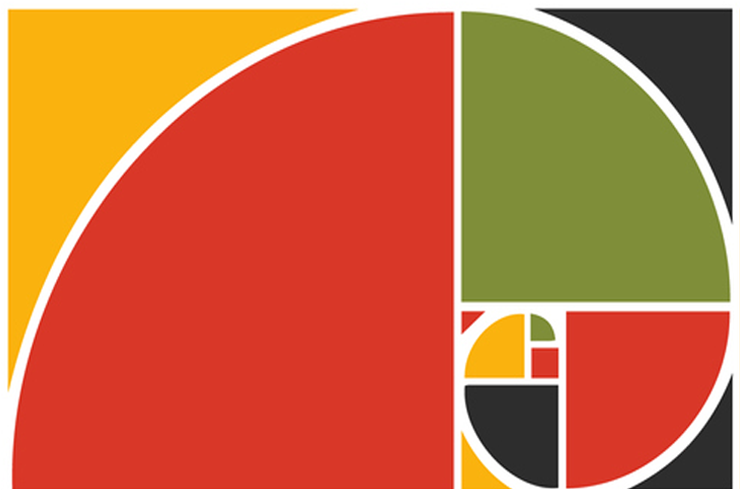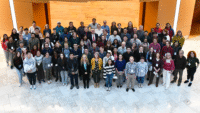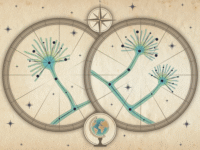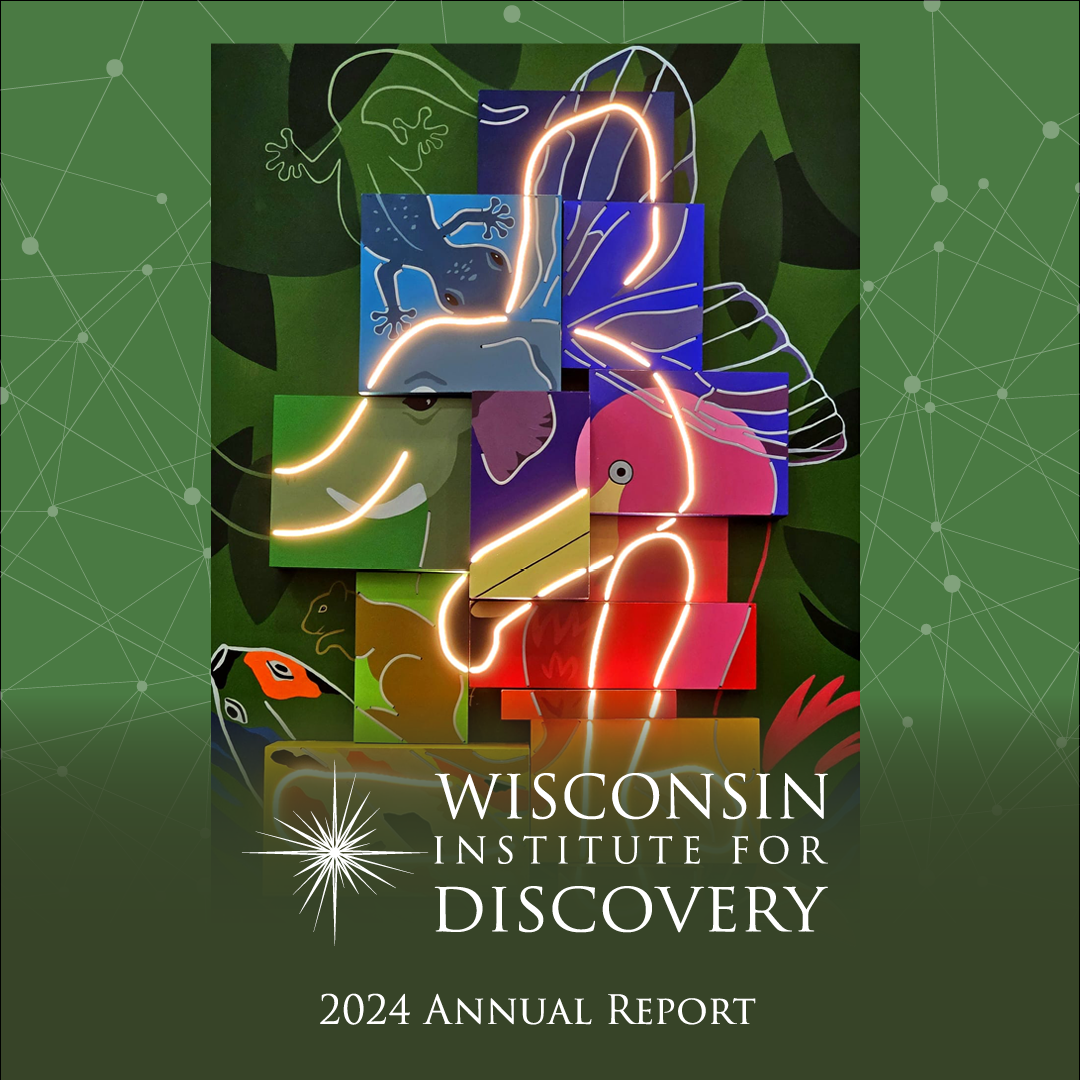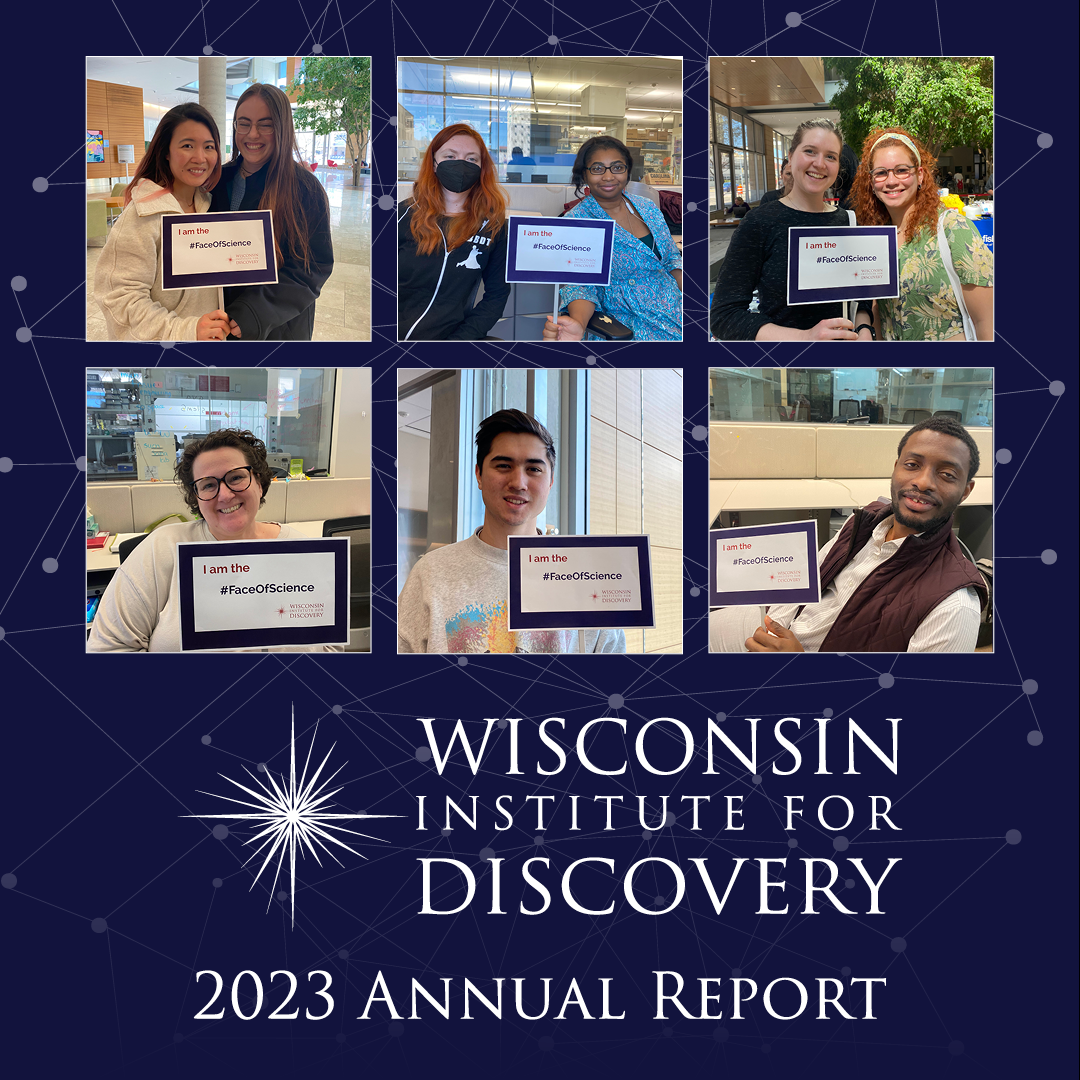Stories
Research is for Everyone — A Tiny Earth Student’s Story on Being a Woman in STEM
Diversity fuels innovation, yet women and girls continue to remain underrepresented in STEM. Tiny Earth is committed to supporting these future scientists. Undergraduate researcher Tasha Miller shares how curiosity and strong mentors helped shape her journey into a science field and encourages other women to be open to STEM fields.
New Kohler Fellows: Advancing Discovery Through Creative Collaboration
The Wisconsin Institute for Discovery introduces the newest Kohler Fellows, a prestigious program uniting science and art through interdisciplinary collaboration. Paired artist–scientist teams transform research into creative work that bridges disciplines, reveals new perspectives, and sparks transformative thinking.
24 Hours with WID
The Wisconsin Institute for Discovery operates with a dynamic, around-the-clock energy, fostering an environment of constant innovation. From late-night breakthroughs to collaborative experimentation, and global knowledge sharing over zoom, our interdisciplinary hub is always abuzz with activity. Take a glimpse into the exciting work that takes place within a 24-hour period.
Deciphering the Regulatory Network of a Pathogenic Fungus
In a new study, researchers from the Wisconsin Institute for Discovery (WID) have created a software tool that can help reveal biological pathways of a notorious pathogenic fungus. Aspergillus fumigatus, which is found worldwide, can infiltrate a human body and quickly overwhelm the immune system. In immunocompromised individuals, this fungus can cause major damage and has a high mortality rate. The new tool may eventually help researchers address the problems caused by A. fumigatus.
Announcements
24 Hours with WID
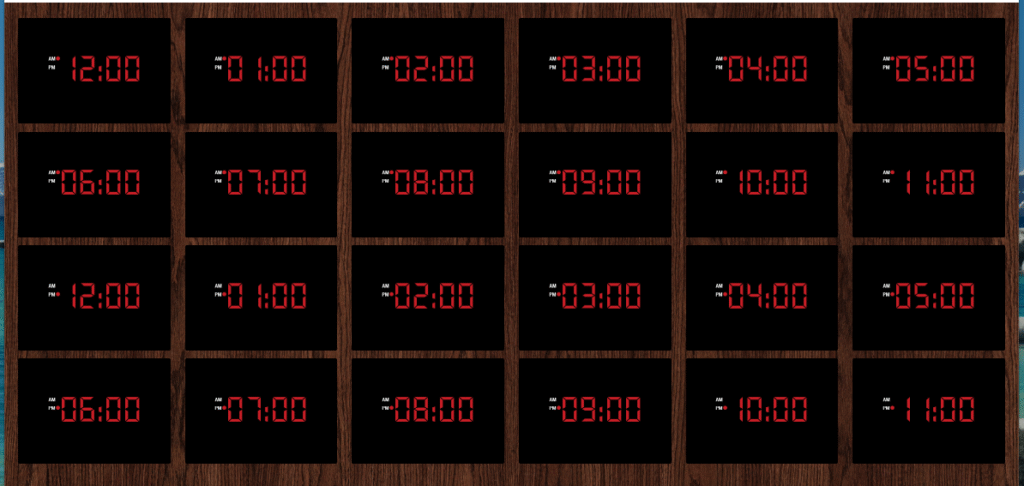
Follow Us
Learn more about the Wisconsin Institute for Discovery through quarterly newsletters and receive our annual report.


